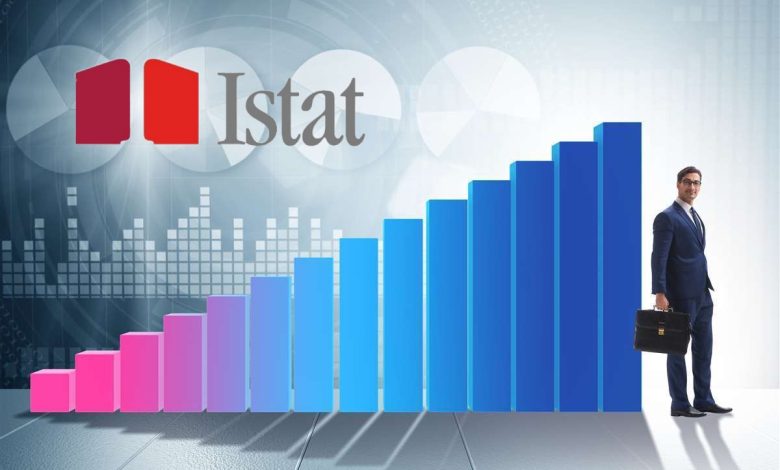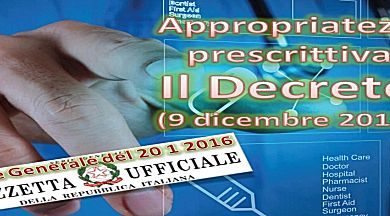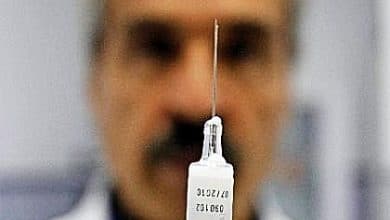
Industry turnover – May 2023
ISTAT press release - 28 July 2023
In May, industry turnover, net of seasonal factors, is estimated to increase by 1.5% in terms  economic trends, recording a positive trend on both markets (+2.0% on the domestic market and +0.6% on the foreign market). In the March-May 2023 quarter, the overall index decreased by 0.9% compared to the previous quarter (-1.0% on the domestic market and -0.8% on the foreign market).
economic trends, recording a positive trend on both markets (+2.0% on the domestic market and +0.6% on the foreign market). In the March-May 2023 quarter, the overall index decreased by 0.9% compared to the previous quarter (-1.0% on the domestic market and -0.8% on the foreign market).
With reference to the main groupings of industries, in May the seasonally adjusted turnover indices show a cyclical increase for consumer goods (+2.3%) and capital goods (+4.0%), while a slight decrease is recorded for intermediate goods (-0.6%) and for energy (-0.8%).
Adjusted for calendar effects, total turnover fell in trend terms by 0.5%, with decreases of the same intensity on both markets (-0.6%). Working days were 22 as in May 2022.
As regards the indices corrected for calendar effects referring to the main groupings of industries, trend increases were recorded for capital goods (+11.5%) and for consumer goods (+8.4%), while the energy (-5.0%) and intermediate goods (-13.1%).
With reference to the manufacturing sector, the sectors that show the most consistent trend increases are the means of transport (+28.4%) and the pharmaceutical (+13.0%), while the greatest declines are found in chemistry (-19.4%) and metallurgy (-15.8%).
In May, the seasonally adjusted volume index relating to the manufacturing sector is estimated to increase by 2.4% in quarterly terms. In the March-May 2023 quarter, a decrease of 0.7% was recorded compared to the previous three months.
Adjusted for calendar effects, in May the volume of turnover in the manufacturing sector decreased in trend terms by 0.7% (+0.2% in value).

![]()
Note:
Indexes corrected for calendar effects: data purged, using specific statistical techniques, of the variability attributable to the composition of the calendar in the individual periods (months or quarters) of the year, due to the different number of working days or specific days of the week contained therein and the presence of national holidays civil and religious, fixed and mobile (Easter holidays), as well as leap year. The use of this data transformation allows for a more adequate understanding of both the trend variations (calculated with respect to the same period of the previous year) and the average annual variations.
Seasonally adjusted indices: data purged, using specific statistical techniques, of fluctuations attributable to the seasonal component (due to meteorological, customary, legislative factors, etc.) and, if significant, calendar effects. This data transformation is the most suitable for capturing the cyclical evolution of an indicator.
The sales (also called turnover), in business economics, is the sum of the revenues obtained by a company or sole proprietorship through the sale of goods and/or services, registered for VAT purposes - for which, therefore, it was issued invoice. Turnover is considered as the sum of the company's revenues. In reality, the concept of turnover derives directly from the VAT regulation, to which the issue of the invoice is inextricably linked, so it must not be confused with the "production value“, or the sum of company revenues which are indicated in the income statement of the companies' financial statements (point “A” of the income statement). In fact, the two values (turnover and production value) can significantly differ due to the different temporal accrual of the revenues recorded in the financial statements with respect to the quantification of the VAT turnover which groups only the invoices issued during the year without taking into account any different accrual economic-temporal of the revenues shown in the invoice as, however, occurs for the preparation of the financial statements. A company can generate various types of revenue other than turnover (which is that of core management (drugs in our case)), for example revenues of a financial, extraordinary or non-core management nature.
The turnover therefore expresses the value of the characteristic management only or, concretely, the revenues generated following the sale of goods or provision of services





